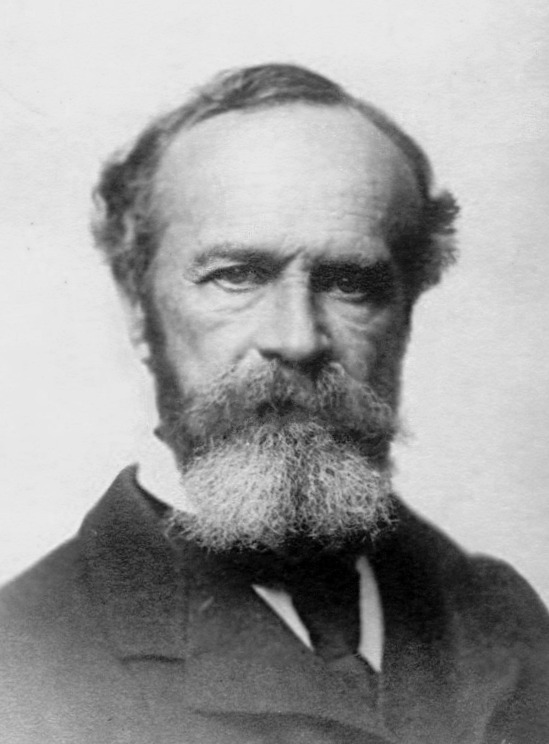Personality
Enlarge text Shrink text- Alexander, I. Personology ... 1990.
- Chaplin dict. psych.
- LC database, June 19, 1989.
- Peng. dict. psych.
Personality is any person's collection of interrelated behavioral, cognitive, and emotional patterns that comprise a person’s unique adjustment to life. These interrelated patterns are relatively stable, but can change over long time periods, driven by experiences and maturational processes, especially the adoption of social roles as worker or parent. Personality differences are the strongest predictors of virtually all key life outcomes, from academic and work and relationship success and satisfaction to mental and somatic health and well-being and longevity. Although there is no consensus definition of personality, most theories focus on motivation and psychological interactions with one's environment. Trait-based personality theories, such as those defined by Raymond Cattell, define personality as traits that predict an individual's behavior. On the other hand, more behaviorally-based approaches define personality through learning and habits. Nevertheless, most theories view personality as relatively stable. The study of the psychology of personality, called personality psychology, attempts to explain the tendencies that underlie differences in behavior. Psychologists have taken many different approaches to the study of personality, which can be organized across dispositional, biological, intrapsychic (psychodynamic), cognitive-experiential, social and cultural, and adjustment domains. The various approaches used to study personality today reflect the influence of the first theorists in the field, a group that includes Sigmund Freud, Alfred Adler, Gordon Allport, Hans Eysenck, Abraham Maslow, and Carl Rogers.
Read more on Wikipedia >
 Topic
Topic


 1938.jpg)


